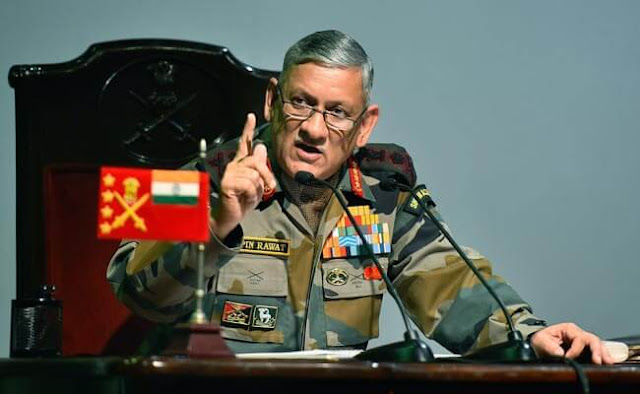
The country on 8th December 2021 as the day progressed heard the horrifying news of a air crash on which the first and serving Chief of Defence Staff, a four star General Bipin Rawat and his Wife and other senior colleagues had died. In any country the death in an accident such as this of such a high ranking military officer would raise questions and hopefully the investigations would find the reasons for this tragedy.
Senior political leaders from the Government and others have expressed their condolences but the extra anguish from the PMO was obvious. This was not an ordinary death and while every unexpected death hurts, life still moves on. But from the comments, looks of the powers that be indicated special challenges this would pose to whatever the Government, the Defence services had planned. However much plans may be committed to paper, a substantial thought process, planning, vision, ideas, etc that would have involved the CDS, PMO, RM, NSA would be lost and expecting that any new incumbent would follow the same path and thought process is wrong. The objectives would still be met but everybody all around would need to recalibrate their ideas and plans.
This begs the question as to what was so profound in the role Gen Rawat was playing that someone else cannot continue running with the ball. True they can under normal circumstances, but he lived in extraordinary times and any new incumbent cannot easily run with the ball because not everything that Gen Rawat was doing was normal stuff. He as I say lived in a unique point in time in Indian Military, Political and Foreign policy times. His work was what I call design in progress. Passing the baton on design work is always more challenging. Let me explain.
What I share here are some thoughts from a strategic viewpoint of a leader in a given known situation that comments on his tenure purely managerially and not with any military intent. I am no military expert.
Recall that at one point Mr. Sandeep Dixit the MP from Cong called him a street side goonda when he was army chief. He attracted unhealthy attention during his tenure as #ChiefofDefenceStaff especially from some veterans and earlier times op-ed expert writers & even resistance from fellow colleagues as reported. His competence itself was questioned. On this the last named & I have had logical arguments on this with folks on SM and their final argument was – we disagree with his decisions. But then emotions often ran away with some and that is what made his tenure controversial to put it mildly.
Looking back I realised that he was a man in a unique point in Indian military & political history and barring for a politician or a doormat nobody could have become popular. His was a thankless responsibility from a popularity contest viewpoint. Strategically, he had just 2 options. Either to win the popularity contest or be a maverick & unpopular. He chose the latter & correctly so. Only a true leader can make this decision. Let’s look at why his tenure was unique.
1) A non Cong govt was in power for the 1st time in Indian history with a foreign policy that was similar but yet very different from the past. There was a newfound self-confidence, assertiveness, breaking convention kind of approach across all nations & that needed any army chief to recalibrate the defence strategy to align it with the foreign policy that was evolving.
2) There was a clear open aggression & risk taking response to misadventures of Pakistan which meant a potential risk of both war & even a nuclear flashpoint. This needed huge huge recalibration from a defense view point
3) A decades long plan to create the position of Chief of Defence Staff was implemented which meant that the power, position, privileges of the 3 service chiefs would get affected, apart from the civilian admin & it was up to him to navigate these unknown waters. He had to find an equilibrium after many a tug of war that would form the foundation for future occupants of the chair.
4) The more than once open Chinese aggression at the border meant a real & present danger of a 2 pronged war again needing recalibration of attitudes
5) The plan to create theatre commands & move the country into a more modern integrated security environ meant that too many toes would need to be stepped on. There was no time to do this slowly. Any organisation taking up such a change needs to ram it through first & then reposition it with time to settle the rough edges.
6) The make in India plans found new aggression & intent & unlike the previous India when SMEs were involved in bits & pieces. The focus changed to big ticket defence acquisitions, product development etc which again meant humongous recalibration of attitudes from the armed forces. As he rightly pointed out, this could even mean accepting sub-optimal solutions in the short term because without this learning and confidence building exercise long term technology development would suffer.
7) Threats of cyberwar, drones, electronics meant that a war technically could become like a video game causing grievous harm to a nation economically & needed geeks & youngsters to be co-opted into solution development. Recall that India organised defense services hackathons and such activities. A popular university has recently started a master’s program in defence technology. All these are developments that again need a change in attitudes & approach within the armed forces.
8) The continued belligerence of China, pot-shots by admin, courts, opposition & activists to prevent border area development, an area neglected for 70 yrs, again meant navigating unknown waters
9) With limited funds the forces had to jointly plan acquisitions rather than each chasing their own dreams of grandeur in infra. Pensions or land banks had to be judicially leveraged/managed so as to benefit the forces without hurting – an impossible task in life – & every decision taken would be logically wrong in someone’s eyes
10) With COVID19 the risk of a large number of men in uniform being infected, their vaccination only compounded the challenges he would have been involved in as Chief of Defence Staff.
These are just what a layman can see & understand. Am sure internally he would have a few dozen more challenges that we are not privy to. While veterans & other experts can rightfully claim that they too have faced challenges in their careers, the fact is that they were maintaining status quo or facing a crisis or at best bringing in incremental change situation by situation – not sweeping tsunami changes and change in direction.
Nobody in Indian history has had to navigate so many changes that cut across foreign policy, military strategy & preparedness, fighting a war without an actual war, a pandemic, tri forces integration & other changes as enumerated above. His being a bull in a crowded shop wasn’t a non-option. History will judge him far better & his navigation & leadership during these times needs to be better understood & appreciated.
Talk is easy post retirement or from the comfort of armchairs. Even the taking over of a small biz unit creates immense stress & problems because humans resist change. Anybody trying to bring change in human attitudes will lose the popularity contest unless they were a politician
Every decision would be criticised & yes, mistakes maybe made needing course correction. But not vilification. So plese readers, do judge Bipin_Rawat General Bipin Rawat Chief of Defence Staff keeping all this in mind & so I say #TussiGreatHo #RIPGenRawat
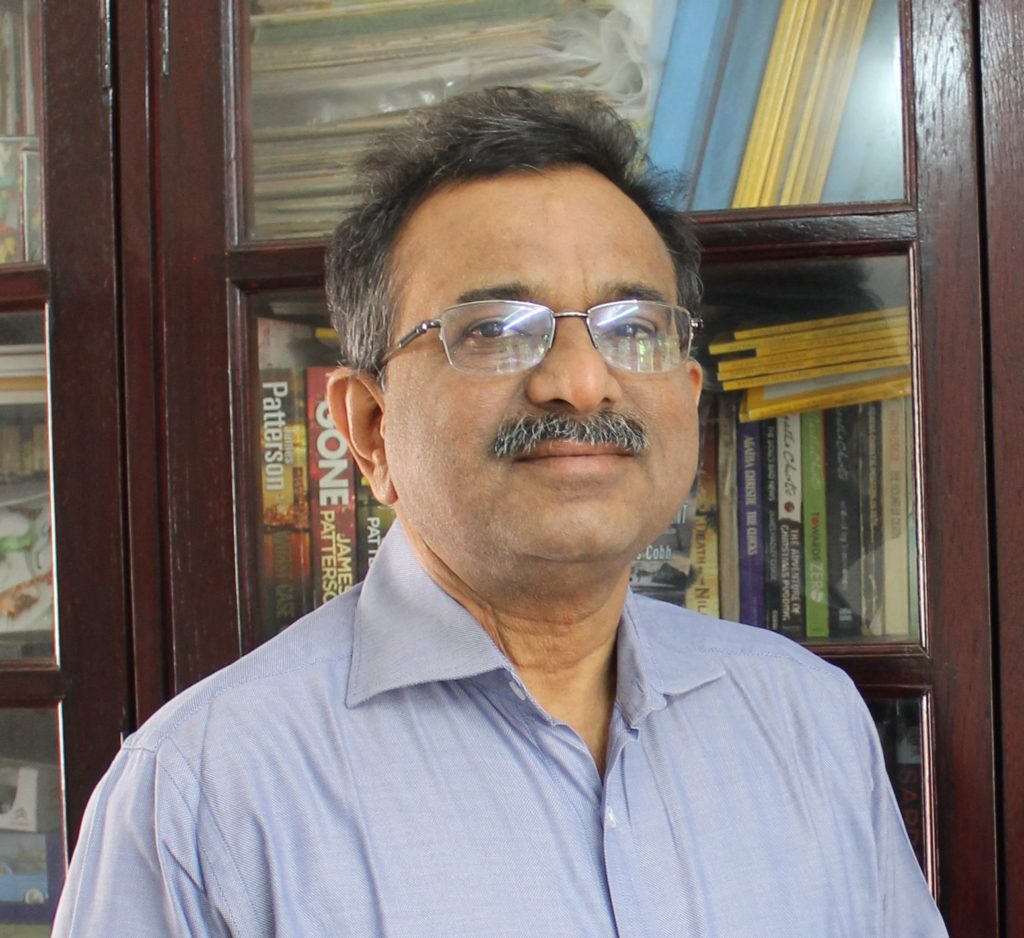
Author: Ravindra Vasisht can be reached on Twitter: @rvasisht
Credit: Republished with permission from author
Source: https://rvasisht.blogspot.com/2021/12/gen-bipin-rawat-laymans-viewpoint.html



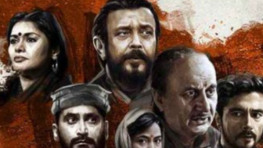
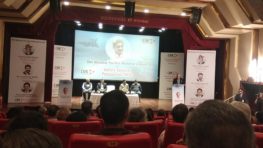


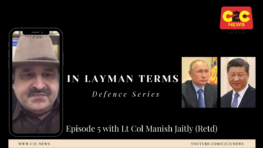
1 thought on “Gen Bipin Rawat – A Layman’s Viewpoint”
Maj Gen BS Panwar, AVSM,SM (Retd)
December 10, 2021Excellent analysis of events & challenges faced & successfully articulated by Gen Rawat while being COAS & CDS. He has proven his mettle time & again towards preparedness of defence of India in all probabilities. He has laid strong foundation for madernisation of Armed forces & expedited the process of self reliance in so many ways.Nation has not only lost its first CDS but also an awesome military leader, a nationalist warrior & true son of India. A big salute to Gen Bipin Rawat.
May God bless peace to his soul.
” Soldiers never die, they just fade away in the blues…”
Om Shanti 🙏